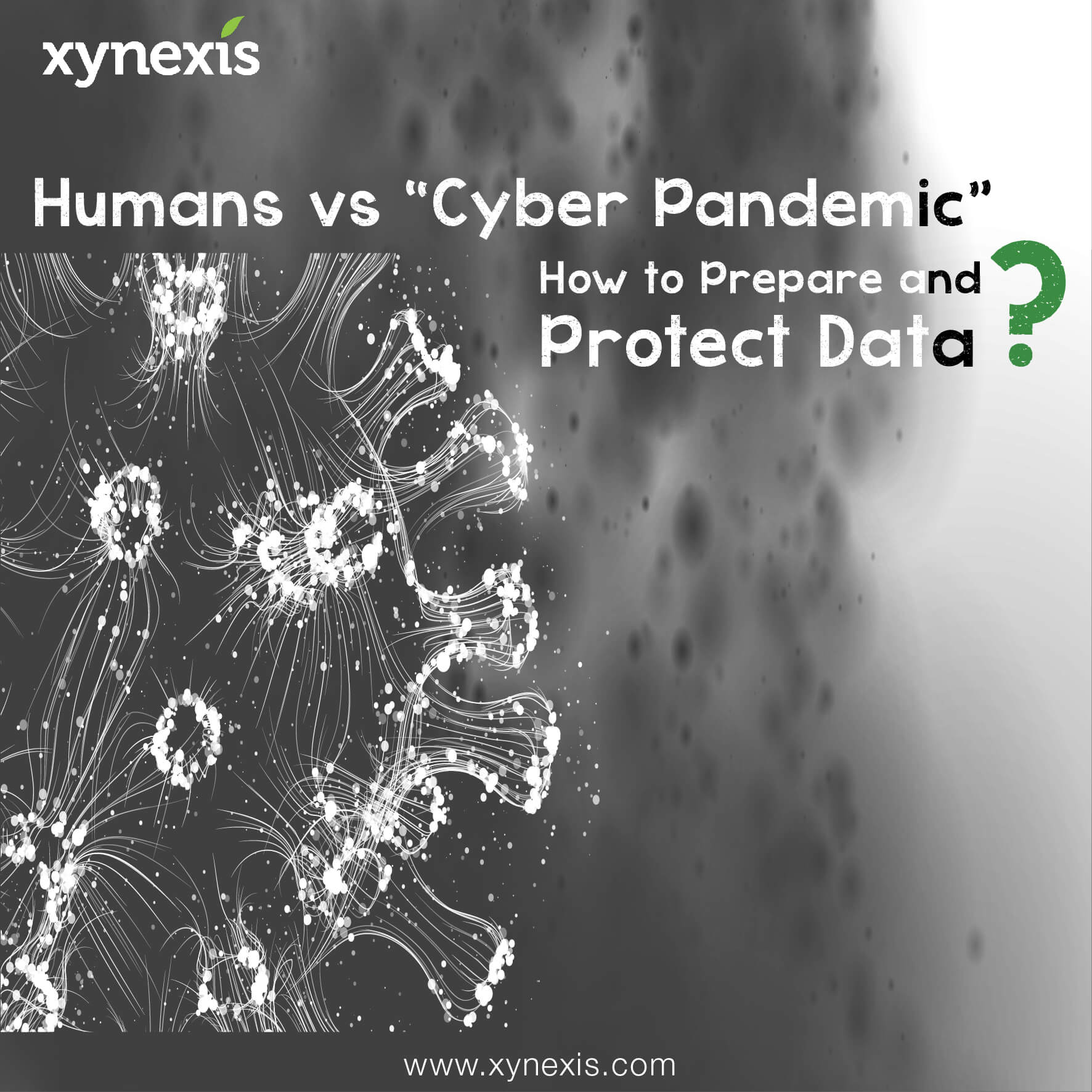The world of information technology develops at an ever-increasing rate. It is safe and realistic to assume that there are not enough experts in this field to cover every niche, in order to ensure that our data remains secure.
Will cyber attackers’ technology become so advanced to cause a ‘cyber pandemic’?
Some people have worried that an advanced computer virus will one day bypass all of the latest security protocols and infect every device on the entire planet. The truth is, this global cyber apocalypse narrative is, to say the least, an outdated fear which stems from an unhealthy pessimistic view of cybersecurity technology development.
It is true that some countries have had a brush with so-called national cyber attacks, but if you look closely at events such as the 2017 WannaCry Ransomware attack, these are not what you think. In most cases, no extremist political groups were involved, and security breaches were only successful on certain devices with outdated operating systems.
When computers used to be simple, nearly any capable person could learn how to outsmart their security systems. However, decades of competitive software and hardware business, stringent intellectual property laws, actionable updates, and billions of dollars in funding have made it easy for tech companies to stay a step ahead of the most talented cyber criminals in the world.
Attacks are often successful because of one or a combination of the following factors:
Human error that is prone to social engineering
The general pessimistic situation of the COVID-19 pandemic has allowed many people to become more gullible, desperate and fearful. This has presented opportunities for hackers to use phishing attacks among other techniques.
Outdated security and/or operating systems
Computer worms and viruses can enter the system through careless downloads and systems that fail to detect threats. Updating your device regularly is one way that you can safeguard against most malware threats.
Data that are stored haphazardly online incentivizes cyber criminals
COVID-19 prompts organizations to move online. Organizations that are unaware of data leak threats in the cloud or attacks to remote servers are often easy prey for cyber criminals.
A cyber pandemic is still possible, but highly preventable
Throughout 2020 we witnessed an unprecedented number of attempted security breaches, many of which were successful, particularly on targets in the government and healthcare sectors. These were separate instances as opposed to a cyber pandemic. While a cyber pandemic is still possible, it is considered unlikely to occur in the near future due to the reasons mentioned above.
Upgrade and become aware
The way to combat against a potential ‘cyber pandemic’ is to become aware, assess security risks, and ensure that your system is always up to date with the latest standards. Xynexis can help your organization transition smoothly to cyberspace, and create a solid foundation for secure and future-proof online operations.
Learn about Xynexis IGNITE.




